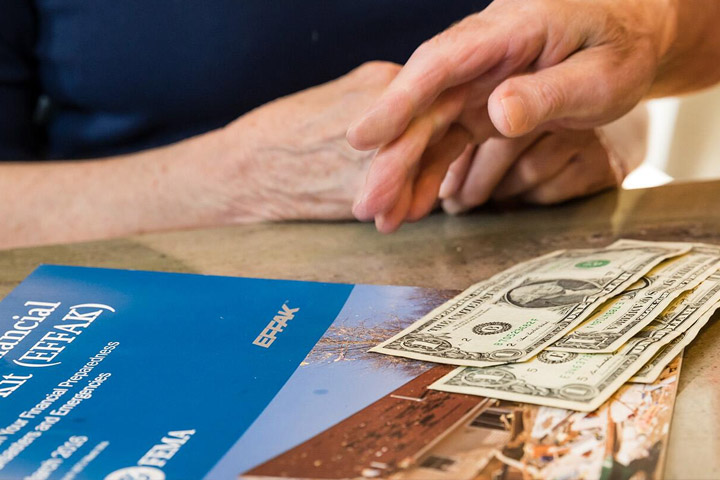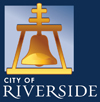Americans at all income levels have experienced the challenges of rebuilding their lives after a disaster or other emergency. In these stressful times, having access to personal financial, insurance, medical and other records is crucial for starting the recovery process quickly and efficiently.
- Utilize this helpful Home Inventory Guide from the California Department of Insurance to take inventory of your personal property. Gather financial and critical personal, household and medical information.
- Consider saving money in an emergency savings account that could be used in any crisis. Keep a small amount of cash at home in a safe place. It is important to have small bills on hand because ATMs and credit cards may not work during a disaster when you need to purchase necessary supplies, fuel or food.

- Obtain property (homeowners or renters), health and life insurance if you do not have them. Not all insurance policies are the same. Review your policy to make sure the amount and types of coverage you have meets the requirements for all possible hazards. Homeowners and renters insurance does not typically cover flooding or earthquake damage, so you may need to purchase flood insurance from the National Flood Insurance Program, and ask for earthquake insurance from the California Earthquake Authority through your current insurance provider. Ask your agent today about these policies and if they make sense for you.
- For more helpful financial preparedness tips, download the Emergency Financial First Aid Kit (EFFAK) to get started planning today.
